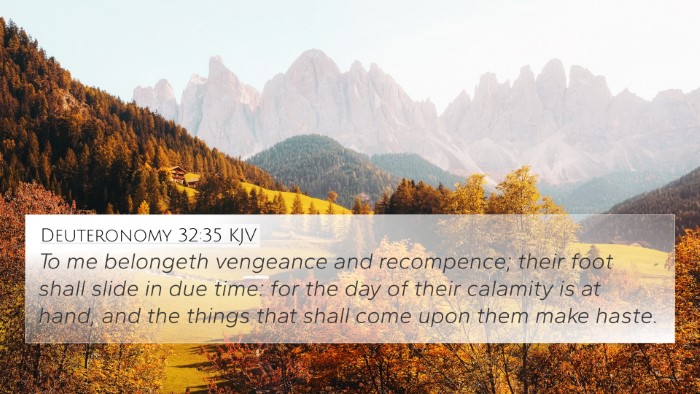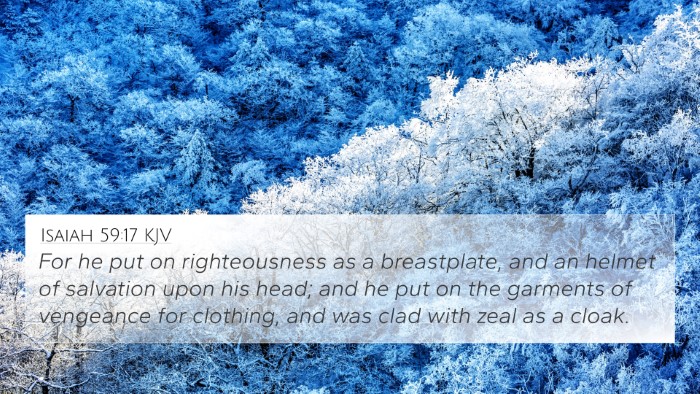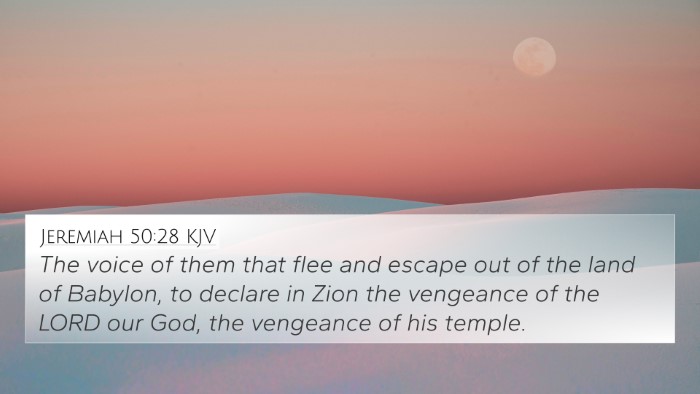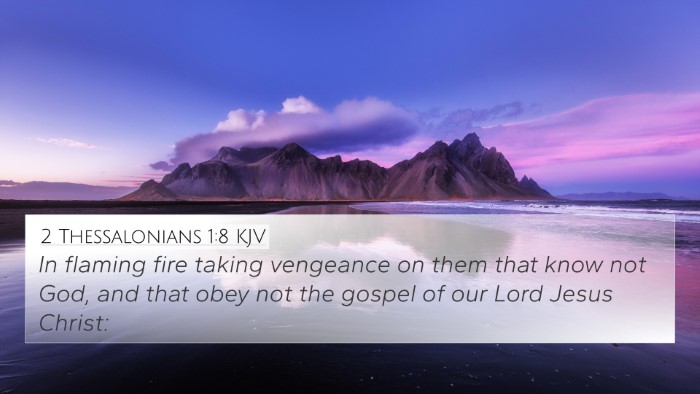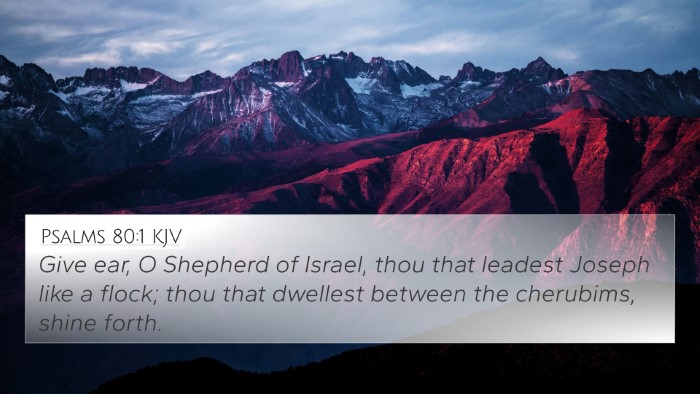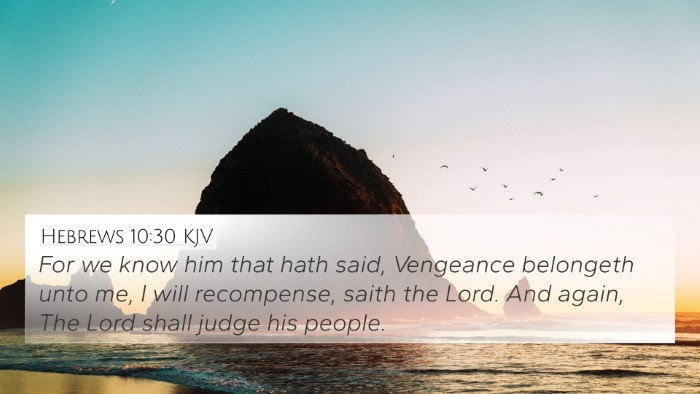Understanding Psalms 94:1
Psalms 94:1 states: “O Lord God, to whom vengeance belongeth; O God, to whom vengeance belongeth, show thyself.” This verse speaks to the themes of divine justice, accountability, and the longing for God's intervention against wickedness.
Interpretation from Public Domain Commentaries
This verse is a call for God’s vengeance, an appeal for Him to demonstrate His power against oppressors. The understanding of this call can be enriched by exploring insights from renowned commentaries:
- Matthew Henry emphasizes the need for justice and God's active response to evil. He notes that the psalmist appeals to God's authority to bring about vengeance, as it is ultimately His prerogative.
- Albert Barnes points out that this plea acknowledges God as the sovereign judge who possesses the right to execute justice. His commentary reiterates the importance of recognizing God's power in resolving injustices in the world.
- Adam Clarke adds that the repetition in the verse signifies deep earnestness in the psalmist's prayer. He explains that the desire for God to show Himself is a yearning for divine action in times of distress.
Thematic Connections with Other Bible Verses
Psalms 94:1 resonates with various themes found throughout the Bible, particularly those regarding divine justice and retribution. Here are some Bible cross-references that enhance our understanding:
- Romans 12:19 - “Dearly beloved, avenge not yourselves, but rather give place unto wrath: for it is written, Vengeance is mine; I will repay, saith the Lord.” This New Testament verse reiterates the theme of God's justice and the need to rely on Him for vengeance.
- Deuteronomy 32:35 - “To me belongeth vengeance, and recompence; their foot shall slide in due time: for the day of their calamity is at hand, and the things that shall come upon them make haste.” This verse underscores God’s sovereignty over vengeance.
- Psalm 37:1-2 - “Fret not thyself because of evildoers, neither be thou envious against the workers of iniquity. For they shall soon be cut down like the grass, and wither as the green herb.” This indicates a reminder that God will ultimately judge evildoers.
- Revelation 6:10 - “And they cried with a loud voice, saying, How long, O Lord, holy and true, dost thou not judge and avenge our blood on them that dwell on the earth?” This verse reflects a similar cry for divine justice.
- 2 Thessalonians 1:6 - “Seeing it is a righteous thing with God to recompense tribulation to them that trouble you;” This connects the idea of God’s vengeance to His righteous nature.
- Proverbs 24:17-18 - “Rejoice not when thine enemy falleth, and let not thine heart be glad when he stumbleth: Lest the Lord see it, and it displease him, and he turn away his wrath from him.” This reflects the nuanced understanding of vengeance and God's concern for heart attitudes.
- Isaiah 61:2 - “To proclaim the acceptable year of the Lord, and the day of vengeance of our God; to comfort all that mourn;” This verse shows God’s desire to balance vengeance with compassion for the afflicted.
- Matthew 5:39 - “But I say unto you, That ye resist not evil: but whosoever shall smite thee on thy right cheek, turn to him the other also.” This provides a contrast to the theme of vengeance, emphasizing love and forgiveness.
- Hebrews 10:30 - “For we know him that hath said, Vengeance belongeth unto me, I will recompense, saith the Lord. And again, The Lord shall judge his people.” This reaffirms the theme that vengeance is God's prerogative.
- Psalm 6:1 - “O Lord, rebuke me not in thine anger, neither chasten me in thy hot displeasure.” This verse highlights the concept of divine wrath and a plea for mercy, adding layers to the understanding of God's judgment.
Conclusion
The call within Psalms 94:1 speaks profoundly on God’s role as the avenger of injustice. Through cross-references and thematic connections, we see the consistent message across the Scriptures about God's authority in avenging wrongdoings and the human need to seek His justice. This provides a comprehensive lens for understanding the intricate relationships between different biblical texts.
By utilizing tools for Bible cross-referencing, such as concordances or study guides, believers can navigate the rich tapestry of scriptural themes and find deeper meanings in texts. Ultimately, the inter-Biblical dialogue established through these verses serves to remind us of the timeless and sovereign nature of God's justice in a world fraught with injustice.



